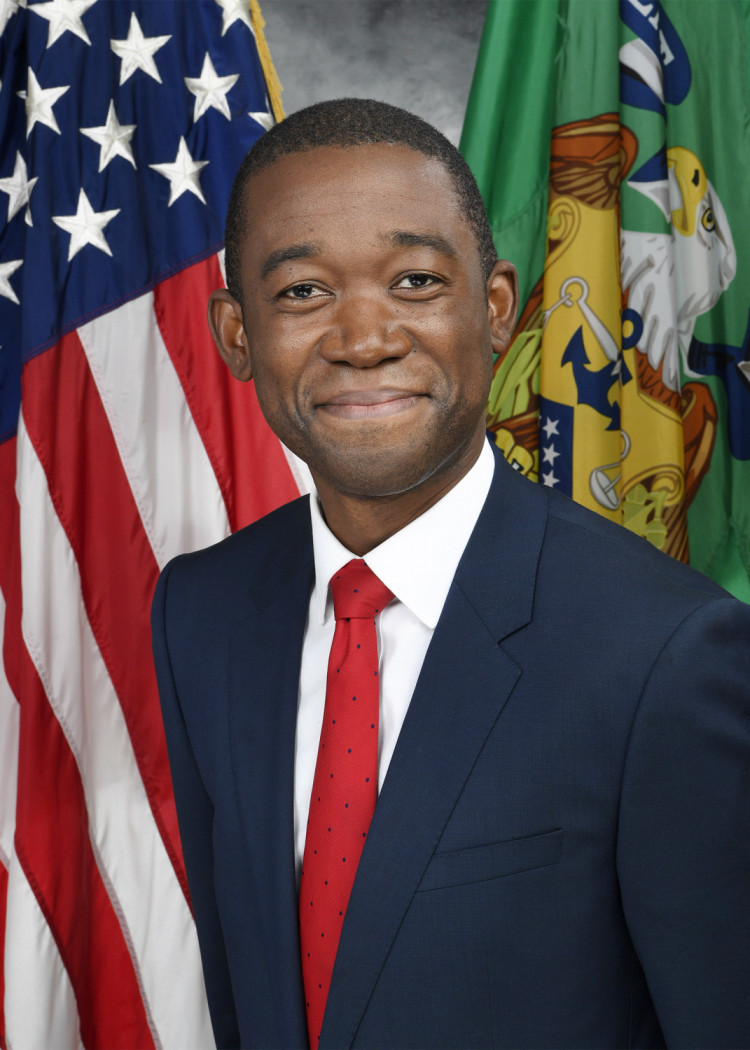The U.S. and the Qatari government have reached an understanding to prevent Iran from accessing $6 billion in humanitarian aid. This aid, funded by Iranian oil sales, was unfrozen by the United States earlier this year as part of a prisoner swap agreement. The decision comes amid rising concerns and backlash over alleged ties between Iran and Hamas' attacks on Israel.
The funds, which were unfrozen in September, became a focal point of contention in recent days. Republicans, in particular, expressed fears that the money could potentially be used to aid Hamas, a group that Iran has backed for years. The direct connection between Iran and the recent attacks on Israel by Hamas, however, remains unclear.
Wally Adeyemo, the U.S. Deputy Treasury Secretary, communicated this understanding to House Democrats in a closed-door meeting. He emphasized that the $6 billion "isn't going anywhere anytime soon." This sentiment was echoed by White House national security spokesman John Kirby, who stated that "the regime was never going to see a dime of that money."
The decision to unfreeze the $6 billion in Iranian assets was part of a broader agreement made last month. This deal involved the release of five Americans who had been imprisoned by Iran. In return, the U.S. released five Iranian prisoners. It was stipulated that the unfrozen funds could only be used by Iran for humanitarian purposes, such as purchasing food and medicine. However, Iran's president had previously mentioned that the country would decide how to utilize these previously frozen assets.
Republicans have been vocally critical of the Biden administration, especially since the onset of the conflict between Hamas and Israel over the past weekend. Republican Senator Marsha Blackburn of Tennessee was among the first to call for the Biden Administration to refreeze the $6 billion in assets. She expressed concerns about the "significant risk" that the funds could be used to further efforts by Iran or Hamas against Israel.
The timing and specifics of the understanding between the U.S. and Qatar were not immediately disclosed. However, even before this agreement, the mechanism for Iran to access the funds was heavily scrutinized and deemed complex. This made it unlikely for Iran to access the funds swiftly, even for legitimate humanitarian efforts.
The recent developments underscore the complexities and sensitivities surrounding international agreements, especially when they intersect with geopolitical tensions and concerns about potential misuse of funds. As the situation unfolds, it remains to be seen how this understanding impacts U.S.-Iran relations and the broader dynamics in the Middle East.





